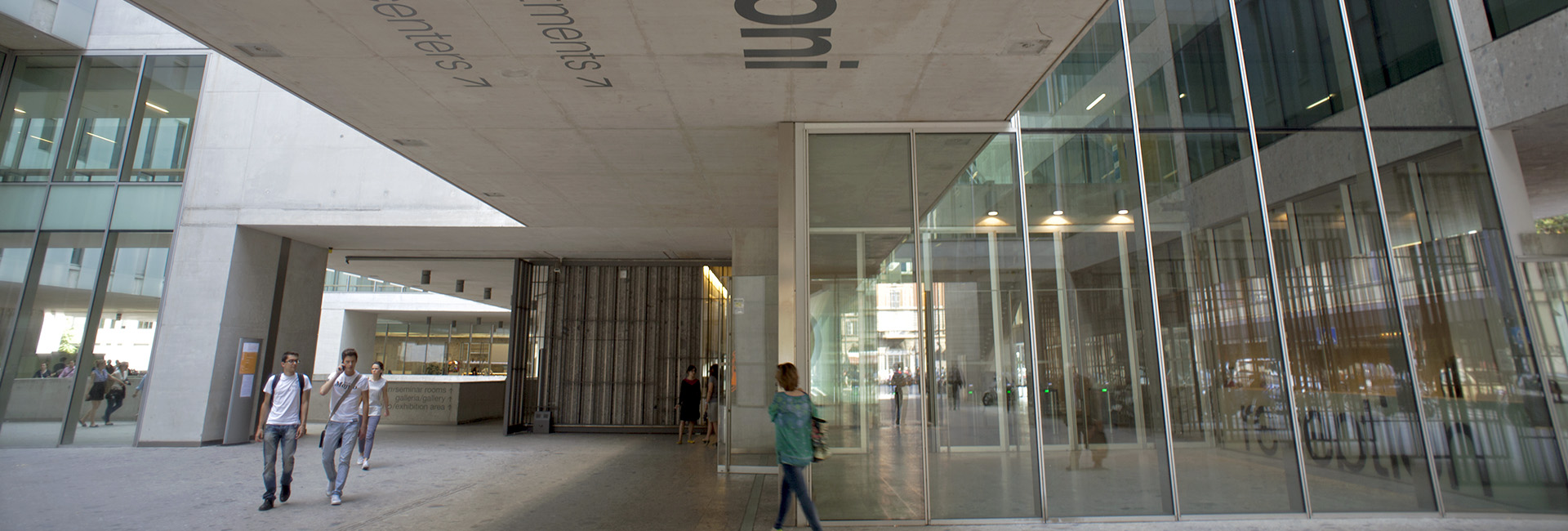30196 - INTERNATIONAL RELATIONS
Course taught in English
Go to class group/s: 31
Synchronous Blended: Lezioni erogate in modalità sincrona in aula (max 1 ora per credito online sincrona)
This course serves as an introduction to the study of key issues in contemporary international relations. The goal of the course is to teach students basic concepts and theories of IR that are useful to make sense of contemporary debates and developments in international politics. To do so, it will focus on the study current events and the recent history that has shaped the international system, with specific attention devoted to the foreign policy stances of big powers (the United States, China, and Russia), and to two topical international actors (the European Union and the United Nations). In the second part, the course will focus on big trends and ongoing international crises, including the rise of the Global South, the Ukraine War, and the Israel-Hamas conflict. It will finally delve deeper into four "Global challenges": energy security and climate change; migration; Africa's development; and digitalization and cybersecurity.
Provisional course summary (to be updated before and during lectures):
- Introduction: The ultra-fragmented world
- Introduction to IR Theories
- US: The reluctant superpower
- China: A peaceful rise?
- Russia: The hollow superpower
- EU: Power and decision making
- EU: Still a leading world actor?
- Meet the experts: New "cold wars"?
- UN: Power and decision making
- UN: Peace and security
- The Ukraine war: Towards a frozen conflict?
- MENA's (in)stability
- The rise of the "Global South"
- Global challenges: Energy security and climate change
- Global challenges: Migration
- Global challenges: Africa and development
- Global challenges: Digitalization and cybersecurity
- Identify and analyse key issues in contemporary international relations.
- Describe developments in today's main big powers, both domestically and in their foreign policy, and the interplay between each of them.
- Assess the effectiveness and efficiency of the United Nations and the European Union in today's global predicament.
- Understand key current trends and international crises.
- Delve deeper in the world's global challenges.
- Evaluate the potential evolution of the international system, and of the foreign policies of the main big powers.
- Formulate and discuss potential solutions to current and long-standing challenges in international politics (e.g. how to safeguard multilateral governance at a time of heightened geopolitical confrontation; or how to foster sustainable development while promoting the green transition).
- Face-to-face lectures
- Guest speaker's talks (in class or in distance)
- Case studies /Incidents (traditional, online)
- Classes consist of face-to-face lectures (100% in presence).
- The course includes a number of guest speaker's talks. Currently, guest speakers are foreseen on:
- the possibility of a new Cold war;
- the Russia-Ukraine war;
- the Israel-Hamas conflict;
- Digitalization and cybersecurity.
| Continuous assessment | Partial exams | General exam | |
|---|---|---|---|
| x | x |
Students have the option to sit a written partial exam for two-thirds (67%) of the class grade, after the first part of the course. In case they pass the written partial exam, they are able to sit a second written partial exam at the end of the course for the remaining third (33%) of the grade. Students that do not pass or do not sit the written partial exam are able to sit the written general exam for 100% of their grade.
Students will be tested on their knowledge of IR theory and the practice of foreign policies from big powers, as well as on specific topics such as current international crises and global challenges.
They will also be assessed on their ability to connect several topics together, as well as expand on the knowledge provided in the course with their own reasoning and opinions on the status and dynamics of current international events and trends.
Students are only able to attend the written general exam for 100% of their grade (no partial exams planned).
- Teaching materials (slides and readings) are provided to students both before the start of the course, and during the course itself, through Bboard.
- Teaching materials provided are compulsory, but no course manual is recommended.





